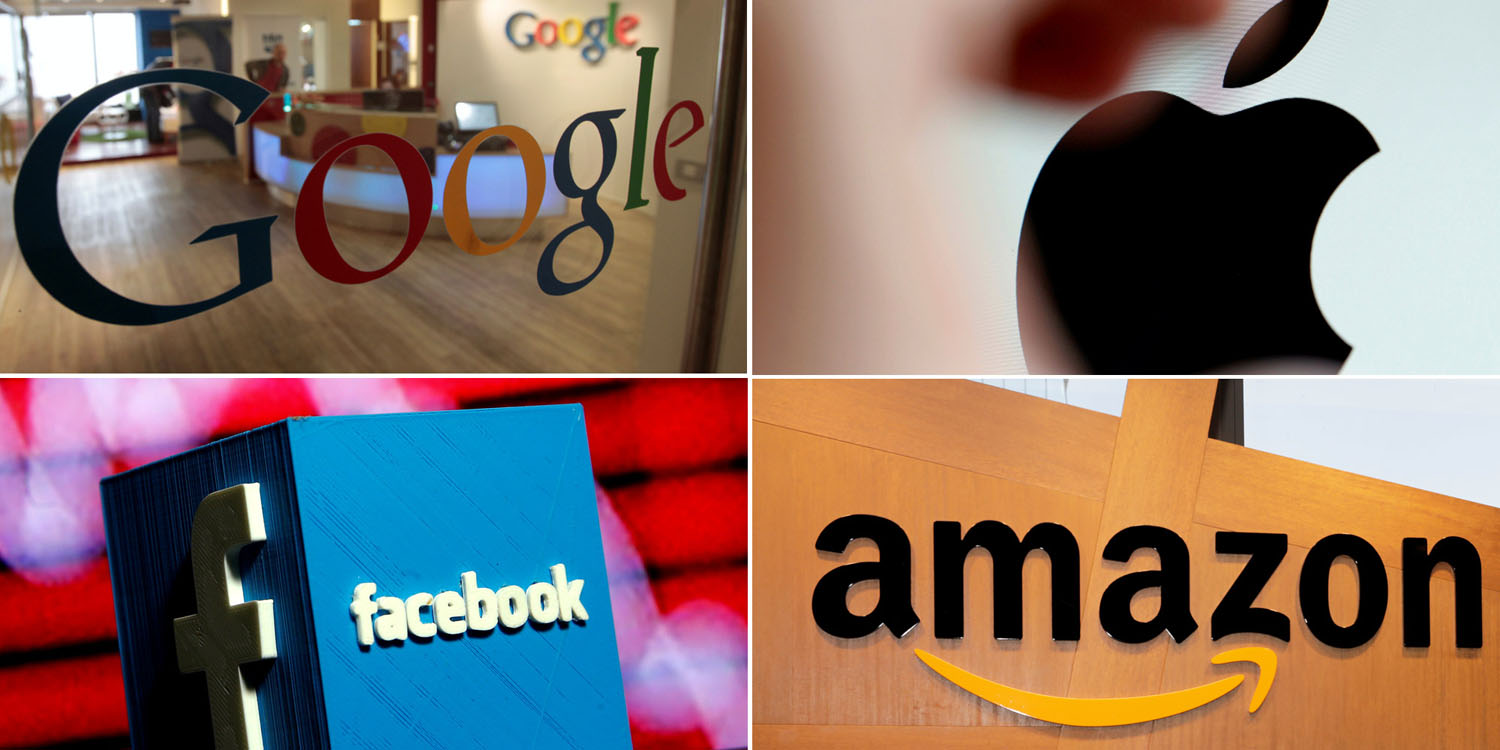With the rise in popularity of Bernie Sanders and Alexandria Ocasio Cortez, socialism in America is having a moment. This always shocks me. We live in the wealthiest country in the world, maybe ever, and it was built on the backs of capitalism. Why would we turn on what made us who we are?
As it turns out, measuring what is best for everyone is really difficult. Here is what I understand: the industrial revolution and the rise of capitalism has done more to bring people out of poverty than any social assistance program.
Unfettered capitalism creates wealth and it isn't zero sum. Jeff Bezos didn't become rich by taking money from poor people; he created wealth (Of course there are people who acquire money through rent seeking, which does not create wealth and basically is taking money from the lower classes). Poor people today are much better off than poor people were 100 years ago.
So what's the problem? If there is so much more wealth year after year, why are people occupying Wall Street and cheering on socialism? I can think of two reasons.
Cost Disease
I admire the Democrats' goal of wanting to improve the lives of struggling Americans. If one is having difficulty making ends meet, there are really only two choices: make more or spend less.
What's odd is that Democrats only focus on one of those choices. You see it in their calls for a $15 minimum wage or a Universal Basic Income.
I get that median wages are stagnating*, but it doesn't help that the cost of living keeps rising (most notably in rent, health care, and tuition). Maybe that is the bigger issue.
From
Slate Star Codex:
Even if you’re making twice as much money, if your health care and education and so on cost ten times as much, you’re going to start falling behind.
Regarding rising tuition:
Would you rather graduate from a modern college, or graduate from a college more like the one your parents went to, plus get a check for $72,000? (or, more realistically, have $72,000 less in student loans to pay off).
Control Rent
Cost disease is about more than just college. It affects housing as well, probably the largest expense in most Americans' budget.
I wonder what a Democratic platform that focuses on reducing costs would look like. For starters, it would wind back urban zoning regulations that crowd out lower income housing in upper class neighborhoods. (I'm looking at you Seattle and San Francisco. You wouldn't need a $15 minimum wage if people could afford rent.)
Control Healthcare
It would also look at healthcare. It's great that Obamacare gave people access to healthcare that didn't have it before, but costs have skyrocketed.
How about implementing the Thaler/Sustein proposal of allowing people to waive their right to sue for malpractice to lower the cost? Scott Alexander gives a good example of this.
I see this all the time in medicine. A patient goes to the hospital with a heart attack. While he’s recovering, he tells his doctor that he’s really upset about all of this. Any normal person would say “You had a heart attack, of course you’re upset, get over it.” But if his doctor says this, and then a year later he commits suicide for some unrelated reason, his family can sue the doctor for “not picking up the warning signs” and win several million dollars. So now the doctor consults a psychiatrist, who does an hour-long evaluation, charges the insurance company $500, and determines using her immense clinical expertise that the patient is upset because he just had a heart attack.
How about any of these ideas that cost no money and don't require big sweeping legislation? Can we give people more options to pay for the level of care they can afford? What about Elizabeth Warren's effort to allow students to refinance their student loan debt?
If $15/hour is what it takes to meet the cost of living, why aren't Democrats looking at what is causing this high cost of living?
It appears that markets aren't operating as efficiently as they should be.
The Joneses
There might be another reason for all the socialism fervor. Here, psychology can help us. Throw out your employment rates, your GDP growth, your consumer price index, and all other measures of economic health.
Only one measure matters and it's the only one that has ever mattered: happiness.
As explained in The Happiness Curve, people don't notice changes in their day-to-day lives. They notice changes in relation to the people around them. So if your wealth increases but so does everyone around you, you don't notice. But when Mark Zuckerburg becomes a multi billionaire, you feel it and you are not happy about it.
It doesn't help that, post recession, wages for middle- and lower- class Americans have stagnated*. Add to that rising rents, ballooning college tuition, and exploding health care costs, and many people really are worse off than they were 50 years ago.
But even if we fix these things, people will still focus on the haves and feel the system is unfair. Comparing ourselves to the Joneses is natural and it's unrealistic to expect people to stop.
*
After viewing this video by Russ Roberts, I'm no longer convinced that middle class wages are actually stagnating. However, that doesn't change the fact that the cost of living is rising.









